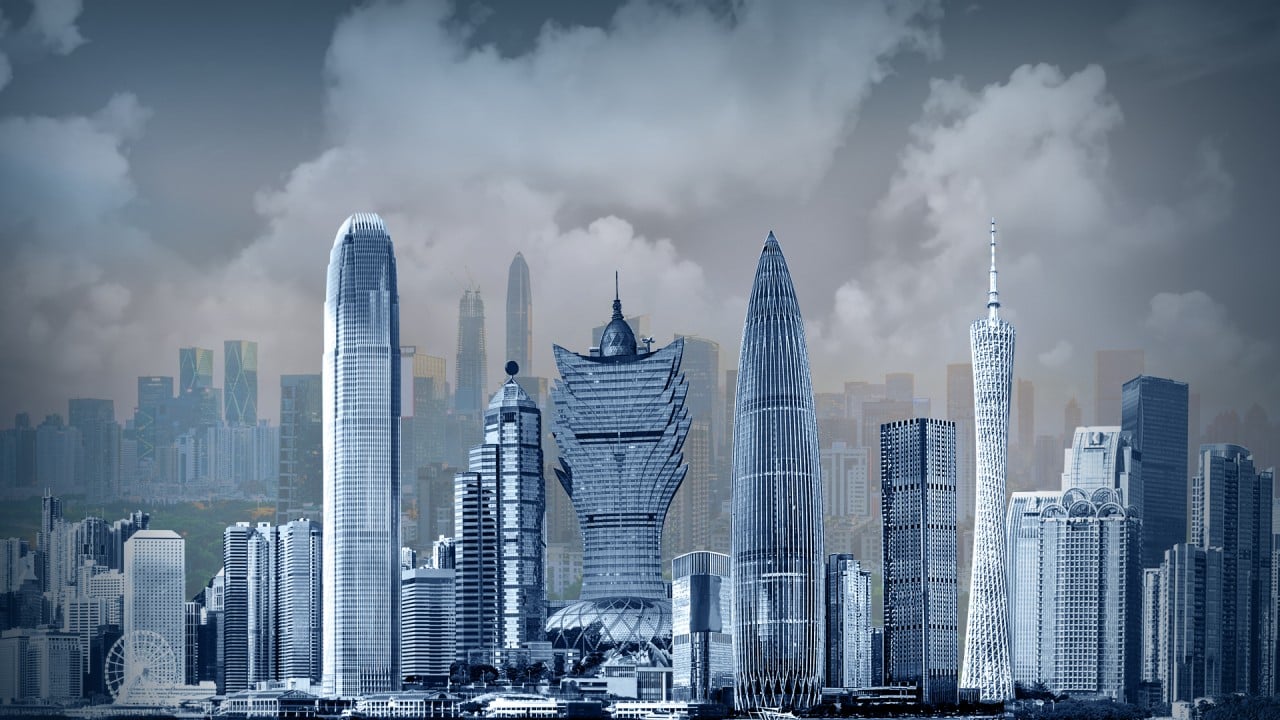Although interconnectivity in finance still has a long way to go, Li indicated that the GBA master plan must remove real-life hindrances and obstacles that impede the mobility of people living in this vast area.
“While there is abundant capital domestically, overseas capital can help bring new perspectives and ideas to local innovations, which could have long-term implications for the globalisation of local companies,” he said.
Advertisement
Beijing intends to turn the GBA – with a population of more than 80 million people and which accounts for about one-tenth of China’s economic output – into a new powerhouse that would surpass the economic heft of the New York Metropolitan Area and Tokyo Bay region by 2035.
Former HKEX CEO’s firm launches fundraising platform, raises US$458 million
Former HKEX CEO’s firm launches fundraising platform, raises US$458 million
“The mainland has released bolder GBA policies compared to Hong Kong so far,” Leung said. “The policies should be two-way to fully tap opportunities in the GBA.”
Is China’s Greater Bay Area ‘the future of Asia’? Top Saudi diplomat weighs in
Is China’s Greater Bay Area ‘the future of Asia’? Top Saudi diplomat weighs in
He indicated that the Hong Kong government can consider setting up non-profit schools for mainland students, whose parents work in the city. Schools specifically for Hongkongers have already been established in various mainland Chinese cities, including one Leung founded in the Nansha district of Guangzhou, capital of Guangdong.
Advertisement
Advertisement



